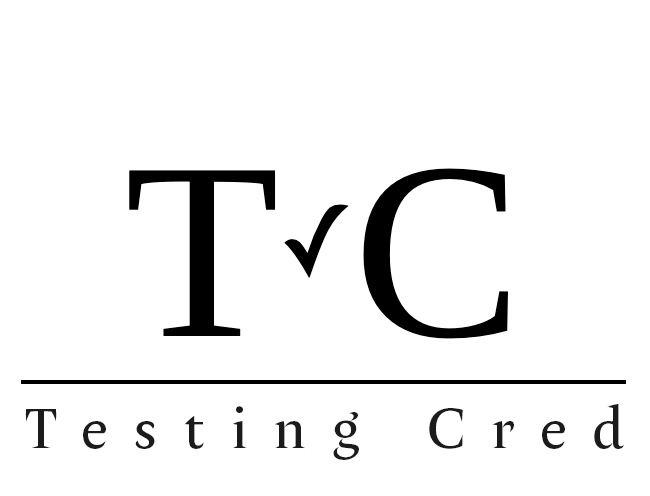Quality assurance and testing is the only way to deliver bug-free software products. ISTQB certifications are globally recognized for proving an individual’s expertise in software testing. As the demand for skilled software testers increases, employers are increasingly asking for ISTQB certification in their job postings.
Notably, AT*SQA also offers software testing certifications. They offer a new approach in which you earn the certification by stacking several micro-credentials. Learn more about software testing micro-credentials.
Below is a closer look at why ISTQB certifications are so valued and which one you should consider obtaining first.
Importance of ISTQB Certifications for Employers
- Global Recognition: ISTQB certifications are recognized worldwide, providing a standardized measure of competence that is respected across international borders. This global recognition makes ISTQB-certified professionals highly sought after by employers.
- Quality Assurance: Hiring ISTQB-certified testers assures employers that their QA teams possess a thorough understanding of the best practices and methodologies in software testing.
- Reduced Costs: Skilled testers can identify defects early in the software development lifecycle, significantly reducing the cost of fixing bugs post-release.
- Improved Product Quality: Certified professionals are trained to follow systematic testing processes, leading to higher quality products and increased customer satisfaction.
- Professional Development: ISTQB certifications are structured to encourage continuous learning and professional growth, ensuring that testers keep up with the latest trends in software testing.
Which ISTQB Certification Should You Start With?
Foundation Level (CTFL):
- The ISTQB Certified Tester Foundation Level (CTFL) is the entry point for professionals seeking to establish a career in software testing.
- Why start here? The Foundation Level certification is designed to provide a broad understanding of the key concepts and practices in software testing. It covers the fundamentals that every software tester should know, making it an essential prerequisite before specializing in more advanced areas.
- Content: Topics include the principles of software testing, testing throughout the software development lifecycle, static testing, test design techniques, test management, and tool support for testing.
After Foundation Level: Moving Forward
- Once you have obtained your Foundation Level certification, you can specialize further by pursuing higher levels of ISTQB certifications, such as:
- Advanced Level: For experienced testers wishing to deepen their knowledge in specific areas like test analysis, test management, and technical test analyst roles. Learn more about ISTQB Advanced Level certifications.
- Agile Tester Extension: For testers working in agile environments, focusing on agile testing methods and practices.
- Specialist Pathways: Covering specific areas like test automation, security, and mobile testing are designed to cater to the evolving needs of the software testing industry, focusing on specialized areas of expertise. See all of the ISTQB certification options in the software testing career path.
Why Specialize After Foundation Level?
- Career Advancement: Specializing allows professionals to target specific roles within the testing field, opening up opportunities for career advancement and higher salaries.
- Meet Industry Demands: As technology evolves, there is a growing need for testers with specialized skills in areas like AI testing, mobile application testing, and security testing. Gaining expertise in these areas can make you invaluable to employers. (Note: If you are interested in API testing certification, this is offered by AT*SQA.)
- Enhanced Skills and Knowledge: Each specialized certification equips you with deep insights and practical skills in your chosen area of testing, enabling you to improve the quality of work and contribute more effectively to your team.
Recommended Specializations After ISTQB Foundation Level:
- Agile Testing for professionals in agile development processes, focusing on the dynamics of agile projects and the role of a tester within such projects.
- Technical Test Analyst for those looking to dive deeper into the technical aspects of testing, including non-functional testing and white-box testing.
- Test Automation Engineering focuses on the design, development, and maintenance of test automation solutions.
- Performance Testing to master the techniques for ensuring software applications respond quickly and can handle the expected load.
- AI Testing for ensuring AI systems are performing correctly, and for using AI as one of your testing tools.
- Mobile Application Testing covering the unique challenges of testing mobile applications, including usability, compatibility, and performance considerations.
Choosing the right ISTQB certification path depends on your career goals, interests, and the specific demands of the job market in your area. Starting with the Foundation Level is a necessary step for establishing a solid foundation in software testing principles. From there, moving on to more specialized certifications will not only make you more attractive to employers but also equip you with the skills to tackle complex testing challenges in a variety of software development contexts.
